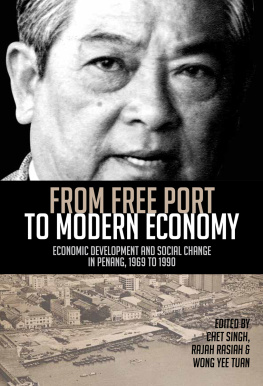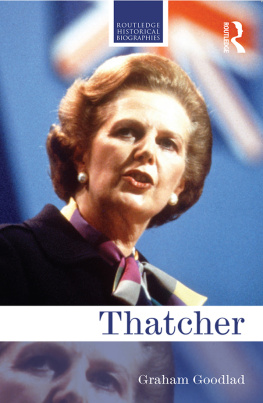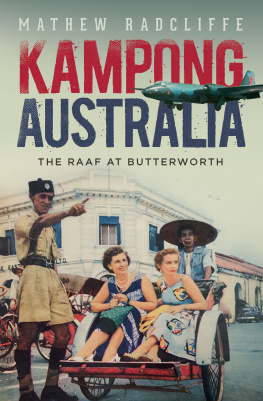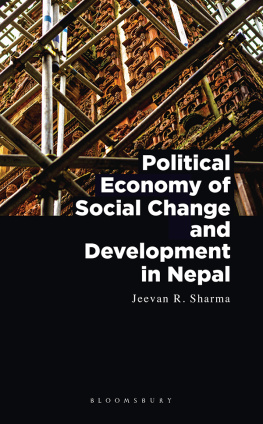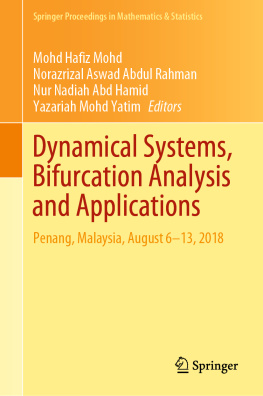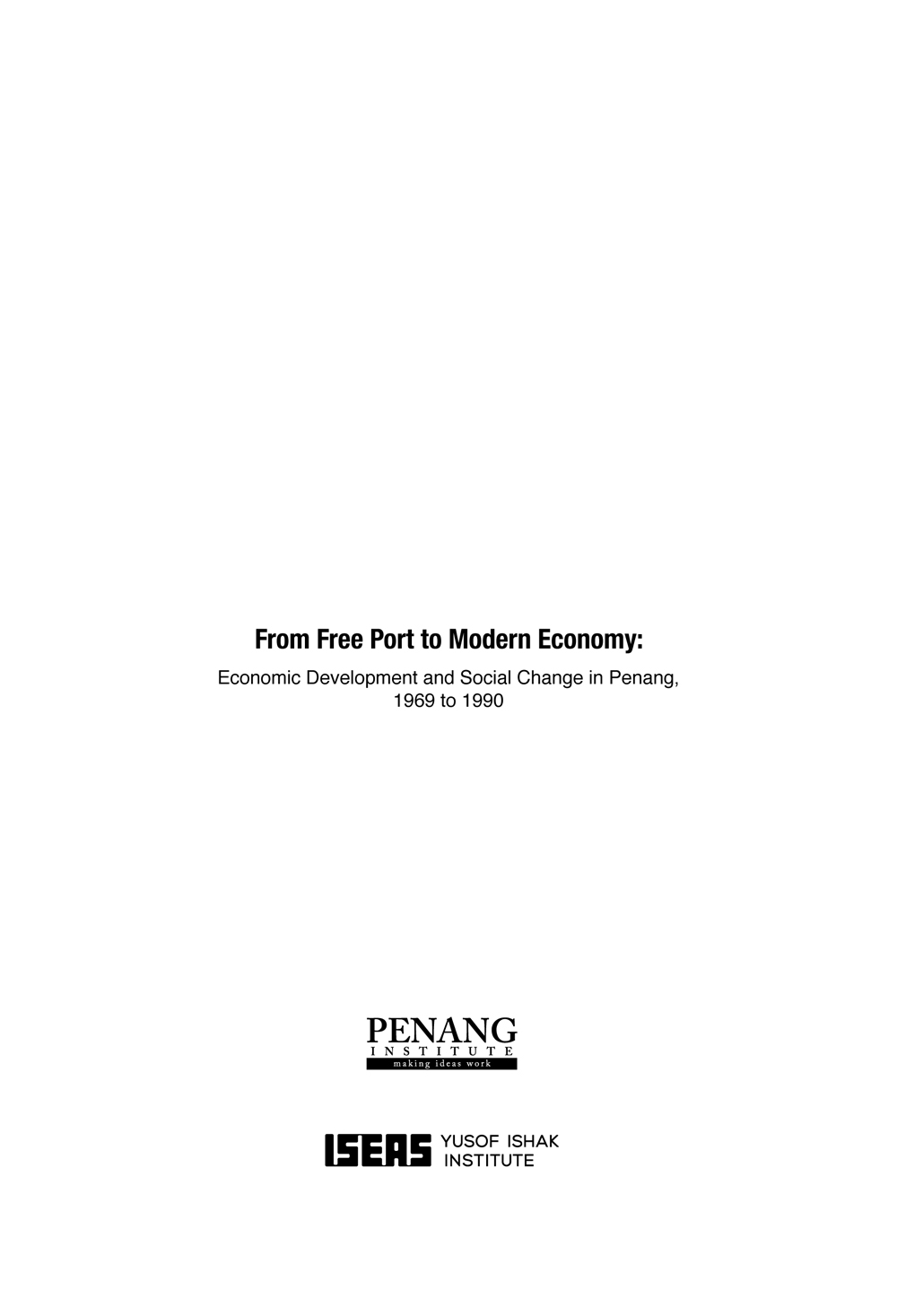
First published in Malaysia in 2019 by Penang Institute
10, Jalan Brown, 10350
George Town, Penang, Malaysia
Email:
Website: www.penanginstitute.com | 
|
Co-published for distribution in Singapore and worldwide by ISEAS Publishing
30 Heng Mui Keng Terrace
Singapore 119614
Email:
Website: bookshop.iseas.edu.sg | 
|
All rights reserved. No part of this publication may be reproduced, stored in a retrieval system, or transmitted in any form, or by any means, electronic, mechanical, photocopying, recording or otherwise, without the prior permission of the publishers.
2019 Penang Institute and ISEAS Yusof Ishak Institute
Perpustakaan Negara Malaysia Cataloguing-in-Publication Data
FROM FREE PORT TO MODERN ECONOMY: ECONOMIC DEVELOPMENT AND SOCIAL CHANGE IN PENANG, 1969 TO 1990 / EDITED BY: CHET SINGH, RAJAH RASIAH AND WONG YEE TUAN.
1. Economic developmentMalaysiaPulau Pinang.
2. Pulau Pinang (Malaysia)Economic conditions20th century.
3. Pulau Pinang (Malaysia)Social conditions20th century.
I. Chet Singh.
II. Rajah Rasiah.
III. Wong, Yee Tuan.
338.9595113
ISBN 978-983-2221-10-4
ISEAS Library Cataloguing-in-Publication Data
Singh, Chet, editor. | Rasiah, Rajah, editor. | Wong, Yee Tuan, editor.
From free port to modern economy: economic development and social change in Penang, 1969 to 1990 / edited by Chet Singh, Rajah Rasiah and Wong Yee Tuan.
Penang, Malaysia: Penang Institute and ISEAS Yusof Ishak Institute, 2019. Includes bibliographical references.
LCSH: Economic developmentMalaysiaPulau Pinang (State) | Social changeMalaysia Pulau Pinang (State)
LCC HC445.5 Z7P41
ISBN 9789814843966 (paperback)
ISBN 9789814843973 (pdf)
ISBN 9789814843980 (epub)
Printed by
The Phoenix Press Sdn Bhd (1723K)
2509 Jalan Perusahaan Baru
Prai Industrial Complex
13600 Prai, Penang.
Photos of Lim Chong Eu on the front and back covers courtesy of the late Mr Ong See Fook.
Photo of Penang on the front cover courtesy of Peter Wong.
Contributors
Anna Ong Cheng Imm is presently an independent consultant. Her areas of expertise include investment promotion, special economic zone development and industrial development.
Chet Singh was the first General Manager of the Penang Development Corporation (PDC), a post he held on until his retirement in July 1991. He has been actively involved as a Director of the Board of Penang Institute, and in 2010, he was made Special Adviser to the Chief Minister of Penang.
Francis Hutchinson is Senior Fellow & Coordinator of Regional Economic Studies Programme and Malaysia Studies Programme of ISEAS-Yusof Ishak Institute. His research interests cover state capacity, state-business relations, federalism, decentralization, sub-national economic policy, and industrialization.
Khoo Boo Teik is Professor and Director of State Building and Economic Development Program at The National Graduate Institute for Policy Studies (GRIPS), Tokyo. He is the author of Paradoxes of Mahathirism: An Intellectual Biography of Mahathir Mohamad as well as Beyond Mahathir: Malaysian Politics and its Discontents.
Koay Su Lyn is Research Analyst of History and Heritage Programme, Penang Institute. Her research areas include the socio-economic and political development of post-war Malaya, with a focus on Penang. She is the co-author of Unsung Patriot: Memoirs of Wong Pow Nee (2015).
Lim Pao Li is an economist by training who began her career with Penang Development Corporation (PDC). After leaving PDC in 1993, she took charge of PDCs consulting arm until 1999 before becoming an independent consultant. She has advised a number of foreign Government Agencies including the World Bank group, Asian Development Bank, UNDP & UNIDO.
Muhammad Ikmal Mohd Said was formerly the Director of University of Malayas Centre for Poverty and Development Studies. His areas of research cover nationalism and ethnic relations, sociology of development, and managing educational institutions and young talents under sponsorship.
Poh Heem Heem is the Director of Learning & Talent Development at Penang Skills Development Corporation (PSDC).
Prema-Chandra Athukorala is Professor of Economics in Arndt-Corden Department of Economics, College of Asia and The Pacific at the Australian National University. His recent publications include Multinational Enterprises in Asian Development and The Rise of Asia.
Rajah Rasiah is Distinguished Professor of International Development at the Asia Europe Institute, University of Malaya. His main research area covers technology and international development, and he has also worked extensively on foreign investment, human capital, public health and environment.
Toh Kin Woon is Fellow of Penang Institute. An accomplished economist trained at University of Malaya and University of Leeds, he served Penang as a lawmaker and state minister from 1995-2008. His research interests centre on developmental state, inequality and education.
Wong Yee Tuan is Fellow & Head of History and Heritage Programme, Penang Institute. He is the author of Penang Chinese Commerce in the 19th Century: The Rise and Fall of the Big Five (2015).
Foreword
On the day Tun Dr. Lim Chong Eu passed away on 24 November 2010, I sat in front of Dato Seri Chet Singh at my then office at Penang Institute, listening to Chet reading out loud his draft eulogy for Chong Eu. I thought to myself, We must get a book out on Chong Eu and his time.
I was elected to Parliament representing the Penang constituency of Bukit Bendera in 2008, giving me a rare opportunity to interact with Tun Dr Lim during his final years, witnessing first hand his grand world view and his delicate political touch.
In the tide of public sentiment marking his passing, the central theme that stood out was Tun Dr Lims role as the Father of Modern Penang. At the funeral, as I walked with many Penangites behind the hearse along Jalan Lim Chwee Leong, a road named after Chong Eus father, thousands of ordinary people lined up the streets in sorrow. Comments repeatedly heard was that Chong Eu got them out of joblessness.
Chong Eus dauntlessness and farsightedness helped engineer Penangs rebirth after the crisis of losing its Free Port status; this he did by inviting Foreign Direct Investment to build the manufacturing sector with the ultimate aim of providing decent salaries for a people troubled by a high unemployment rate. In contrast to the prevailing leftist/nationalist climate of the day, his decision to attract investment from countries symbolically regarded as imperialistic/capitalist was an audacious Blue Ocean Strategy. While Singapore was the regional leader, Penang quickly became the first stop for foreign investment in Malaysia.
Fifty years after that export-led industrialisation strategy which presupposed United States (and to a lesser extent Europe) as the final export destinations, the scenarios have probably completely changed, especially since the Global Financial Crisis in 2008, which saw growth in the US not being accompanied by much transformative job growth.
Next page
